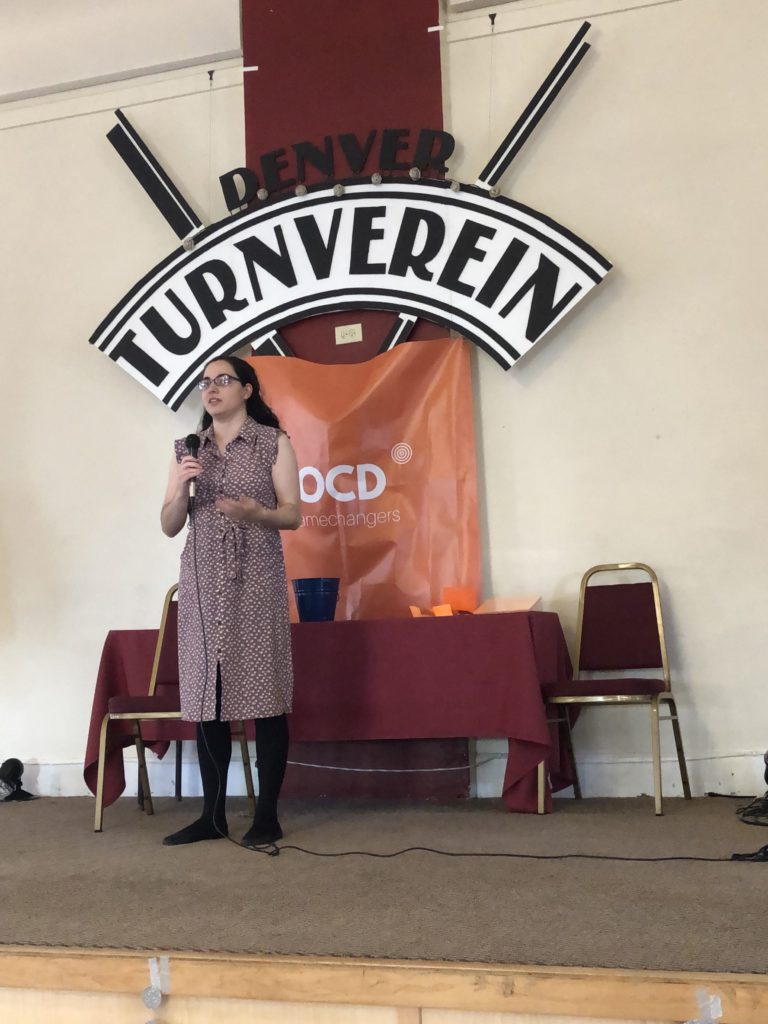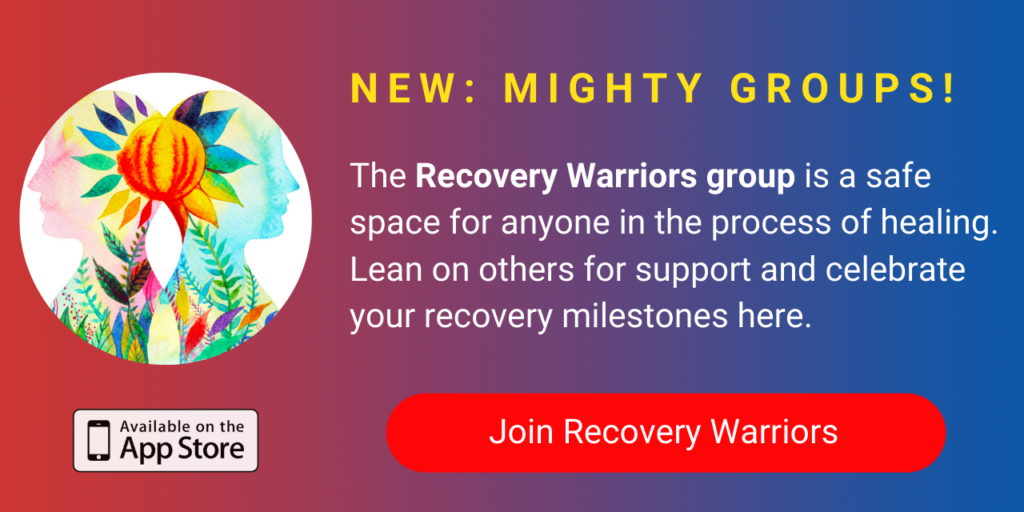Do I Still Have My Mental Illness Diagnosis if I’m in Recovery?
Over the years of working through mental health treatment, I’ve been diagnosed with a number of different conditions. However, I consider my primary and most helpful diagnoses to have been obsessive-compulsive disorder (OCD), depression and borderline personality disorder (BPD). Those three allowed me to get the correct treatments I needed at the time, first for OCD, then for depression and BPD. I sometimes wonder, though, now that I’m in recovery and experience minimal symptoms: Do I still have OCD? Do I still have depression or BPD?
Honestly, the answer varies by diagnosis. For OCD, I think the answer will always be “yes.” I will always identify as having OCD, no matter how mild or severe my symptoms are at the time. Currently, my experience with OCD is quite mild, and I consider myself to be in recovery. I summarize it as taking up about five minutes a day, in comparison to the hours or even full waking day OCD used to fill. Despite this now-mild experience, I still identify as having OCD because of that word, “identity.”
I’m very cautious of identifying as “sick” or “mentally ill.” I personally don’t think that is productive to recovery. Nonetheless, OCD had and still has such a large impact on my life that it is a part of who I am and a part of my life history. I have been experiencing OCD for literally as long as I can remember, dating back to at least preschool. Even though I wasn’t diagnosed until I was 19, how can I just remove all of those experiences? How can I remove a label that came years too late and, at 19, finally made sense of my world?

Moreover, I identify as a part of the OCD community. Through my writing about OCD, work with Not Alone Notes and continued advocacy, I am a part of something that is bigger than myself. I also have countless friends with shared lived experiences of OCD. We support each other and understand each other’s experiences in ways those without OCD can’t fully understand, and I don’t want to step away from that community.
My answers to the question of “do I still have [diagnosis]” are different for my other primary diagnoses. For depression, I do not identify as having depression anymore. I list it in medical histories as an entirely past experience. This is because I no longer experience most symptoms of depression, and I do not come even close anymore to meeting the diagnostic criteria of depression.
But it goes deeper than diagnostic criteria. My experience with depression was incredibly painful. That’s not to say my experience with OCD wasn’t painful as well, but it did lead to friends and a sense of empowerment by having control over OCD. With depression, I was ready to shed that label as soon as possible. I don’t want to be depressed, and I’d be OK with having never been depressed. I’m not sure I would give away all of my experiences with OCD. (Potential blog post on just this later!)
My answer to whether or not I still have BPD is a little more nuanced than a strict “yes” or “no.” Honestly, the answer is “sometimes yes” and “sometimes no.” It varies from week to week, depending on my experiences. If I’m having a more emotional week, I will often label this as part of having BPD. This diagnostic label helps in two ways. One, I can blame BPD rather than myself. And two, I know there are others out there having similar experiences. If I’ve been having fairly good weeks though and using lots of coping skills without having to even really actively think about them, I don’t identify as having BPD. Like depression, I am ready to shed that label in those good weeks. Sure, I no longer meet the diagnostic criteria for BPD anymore most days, but sometimes I get closer again. My experiences ebb and flow, and so does my identity with the diagnosis.
All this to say that it is a personal decision if you continue to say you have a diagnosis or not. I definitely think it’s important to mention in medical histories that you have experienced certain diagnoses. That is important to receiving informed care and for looking out for symptoms that may reappear. But beyond a medical documentation context, diagnosis labels in recovery are up to you.
Morgan
Image via contributor


